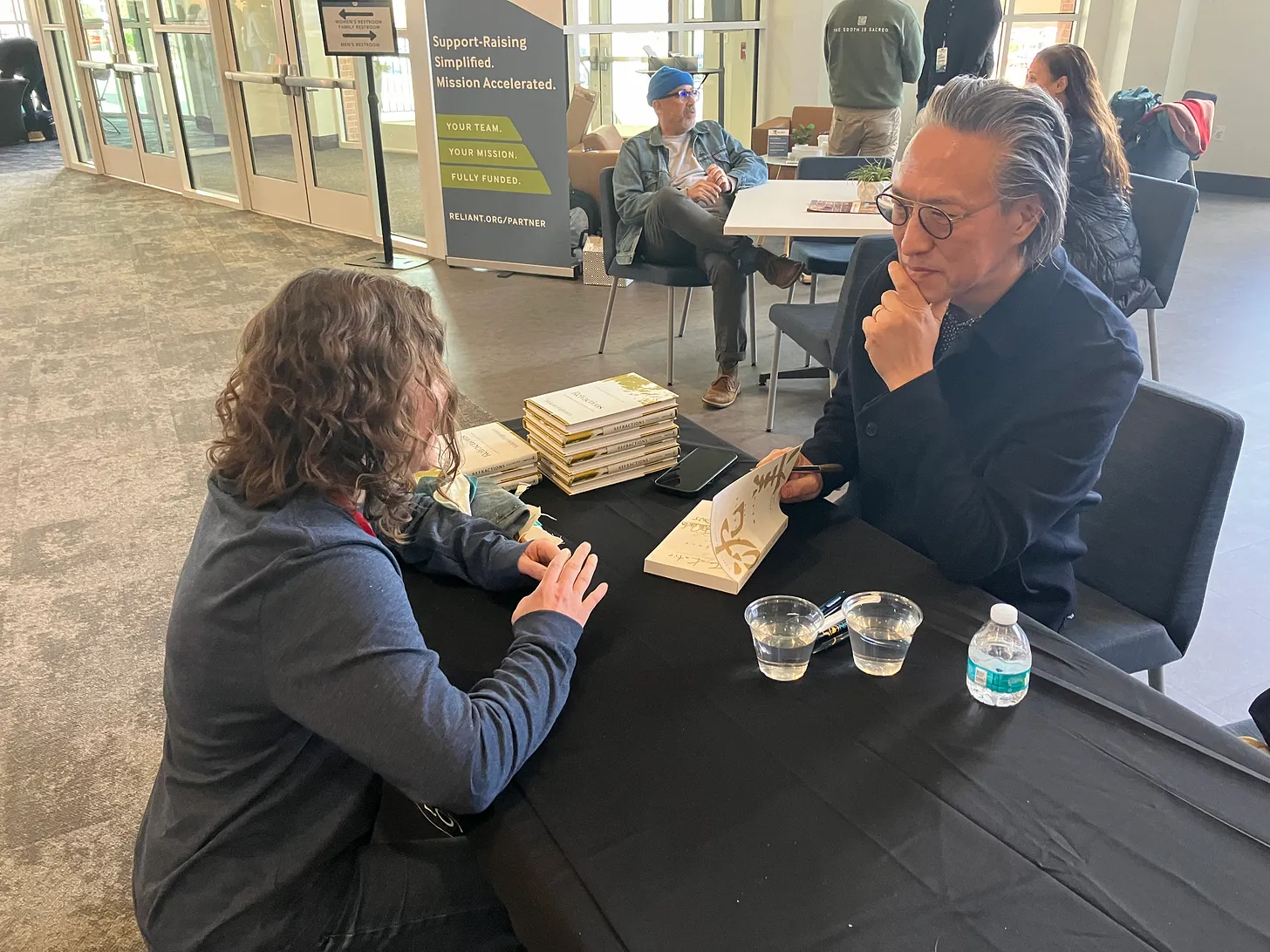On Becoming Political Organizers for the Kingdom: The Missional Phobia of Gathering A Crowd
I have noticed a reticence in missional leaders “to gather.” I speak here of the “gathering” that takes place when we gather people who are mostly Christians into a community to become a witness to the Kingdom. Us missional types worry that we shall become caught up in building an attractional church. We worry about gathering Christians from other churches. We worry about being caught up in the swirl of keeping Christians coming to church and competing with other churches to attract even more of them to build an even bigger church. We worry about being caught in the never ending task of competing to keep Christians happy: an anathema (rightly) for every missional leader. All these things are good things to worry about.
But missional leaders still need to gather.
Missional leaders, in my experience, make three over reactionary mistakes.
- We shy away from welcoming Christians in our midst. We rightfully are cautious about inviting already existing Christians into our midst. We do not want to draw Christians away from their own place of worship and context. I heartily endorse this caution. But there are many many Christians who are disillusioned with current modes of attractional consumerist transactional evangelical church. They often under the age of 35. Our small communities should be places that welcome these hurting and disillusioned Christians in. We should provide a place for healing and discipleship for the Kingdom. In my past, I have been angry at the mega-church for its consumerist, non-contextual top down, department store abusive ways of doing church (I wrote this back then). One time, many years ago I said in a large setting that missional communities should put flyers on cars in the massive parking lots of mega churches inviting people into the Kingdom. I now repent from my past excesses. Nonetheless, we should be ready to invite good Christians, who have been disillusioned by American consumer church, into seeking God’s Kingdom in Christ with us. Remember, the apostle Paul’s missionary strategy was primarily going to synagogues, not Mars Hill Acts ch. 17. In a way (I don’t want to take this too far) mega churches are the 1st Century Hellenist Jewish synagogues of our day. People looking and ready for more, the fulfillment of what they have been taught in a real live community. What do you think? Have I gone too far?
- We shy away from systems that help strangers find their way into the social reality that is this church (this is what we call organization). We rightfully are cautious about progmatizing our church life. We worry about becoming a mega church with 4 bases to follow or 6 steps to Living on Purpose. I heartily endorse this caution. Nonetheless, we must have a way of initiating people into our communities, giving them a way to navigate into life with God in His Kingdom under the rule of Christ. “Organizing” comes from ‘organic.’ We should organize as God works among us and shapes us into a contextualization of our practices (I have been arguing for a while for 7 core practices. It’s in ch.7 of Prodigal Christianity and I have a massive expansion of what they are, where they came from and how they work Christologically and ecclesiologically in my upcoming 2014 book). We must cultivate life in the neighborhoods under the rule of Christ and then facilitate its flourishing through organizing it.
- We shy away from recruiting. We rightfully are cautious about building a church empire, recruiting people to what we’re doing, our idea of church. Nonetheless, we are encountering new people each month. Unless we are working in our offices writing sermons all week, we meet people we run into in the neighborhoods and even sometimes at Sunday morning gathering. we must be present with them, calling them into anther way of being together: mutually submitting to the Lordship and Reign of Christ in this neighborhood. Regardless of whether they join in with our community or some other community, we should be present with them inviting every Christian to enter the Kingdom. This takes a cup of coffee, an explanation of the Kingdom, and an invitation. In the 50’s Billy Graham crusades called nominal churchgoers into a personal relationship with God through Jesus. IMO the Billy Graham task of today (before it is too late) is to call nominal megachurch attenders into life with God in His Kingdom in Christ, i.e. life in Mission in the neighborhoods.
In conclusion, I would like to call all missional church planters (and for that matter missional leaders period) into “political organizing” for the Kingdom. “Political organizers” (often called “community organizers”) work in neighborhoods, villages and cities to gather people around a cause for the improvement of certain aspects of their neighborhoods or villages. Missional leaders are “political organizers for the “politic of Jesus.” We are “political organizers for the Kingdom.” Our primary task is to gather people around the King under his Rule for the manifestation of His Kingdom in our midst for the sake of God’s blessings and righteousness in the neighborhood and inviting the world into that. We gather people into the reconciliation of all things in Christ, the renewal of all of life in relation to God through Jesus. This is a social reality. This takes gathering people and organizing them. This takes welcoming Christians, contextualized systems and recruiting (non coercively) and then those outside the realm shall come. So my challenge is for missional leaders to become “political organizers for the Kingdom”
For sure, we need to resist the ways of attractional church building. Instead, we do gathering, organizing systems, and recruiting totally differently. For many of us, there will be long periods of time when we will have to start from zero with no Christians and we should be fine with that (we call this ‘pioneering’ and there are tactics for these growing places barren of any Christians in N. America). But for those of us called to Hellenist Jewish synagogues of our day, let’s not shrink from doing these political organizing tasks faithfully and carefully.
What do you think, have I sold out to mega church tactics? Or have I sufficiently re defined what we do into the missional context?



